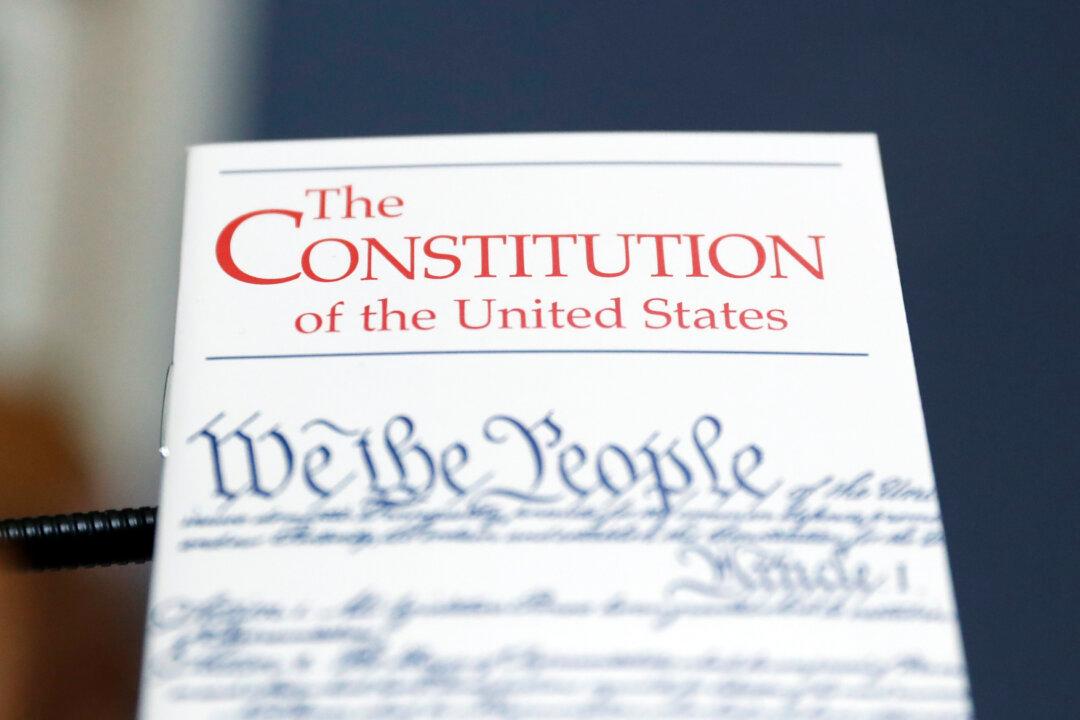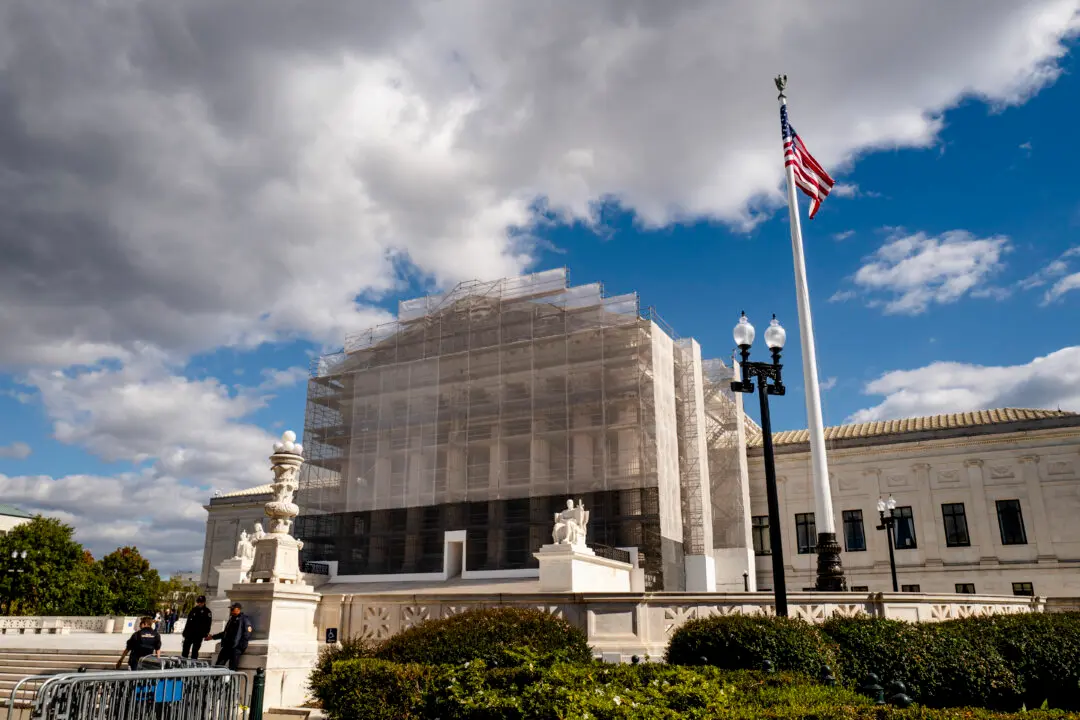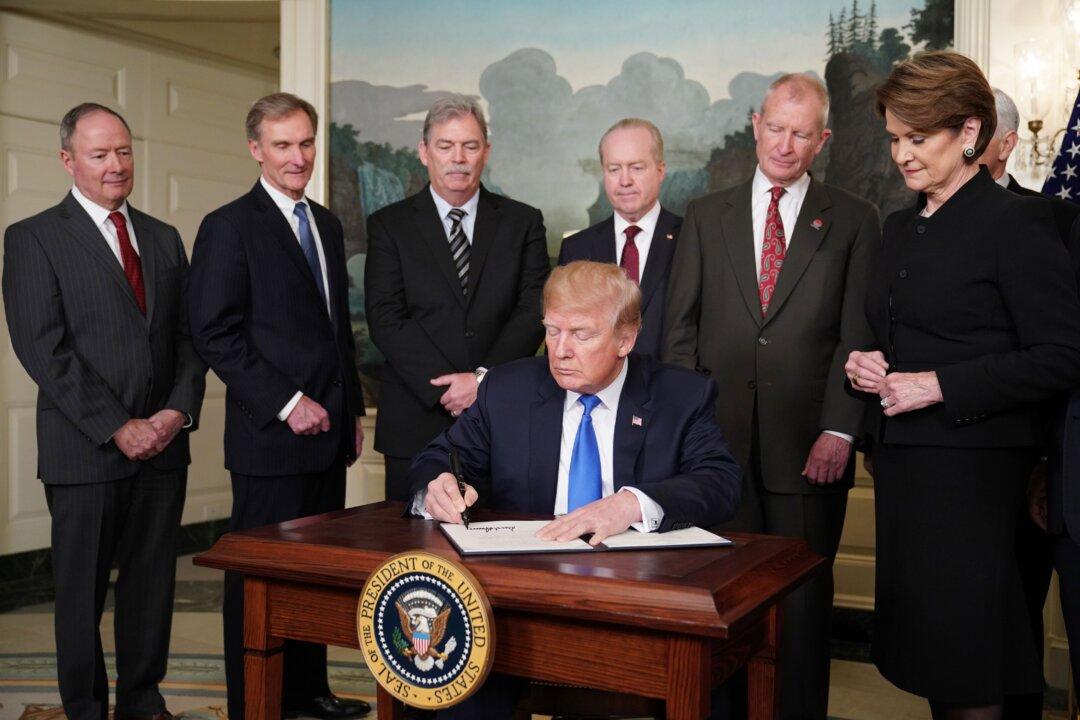Commentary
Irregularities in the 2020 presidential election left the winner in doubt in six states. In that situation, federal law (3 U.S.C. Section 2) explicitly invites the state legislature to arrange for appointment of their state’s presidential electors.





